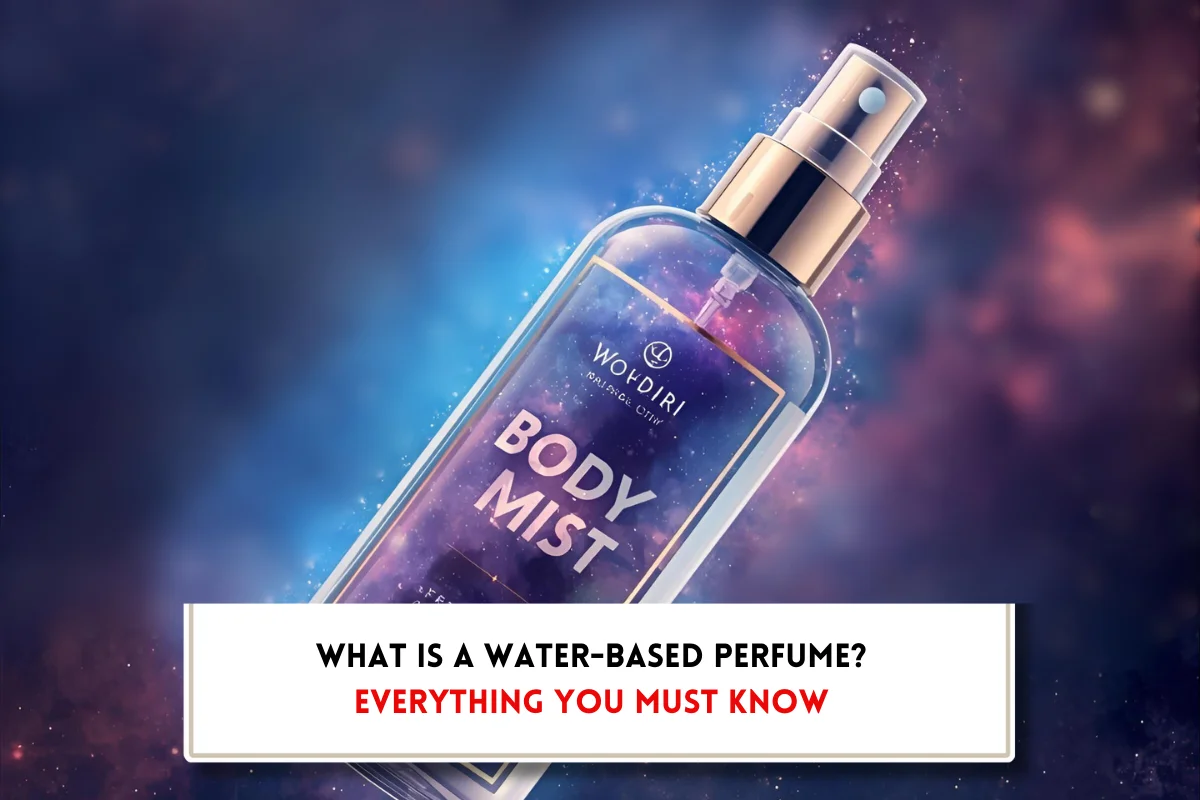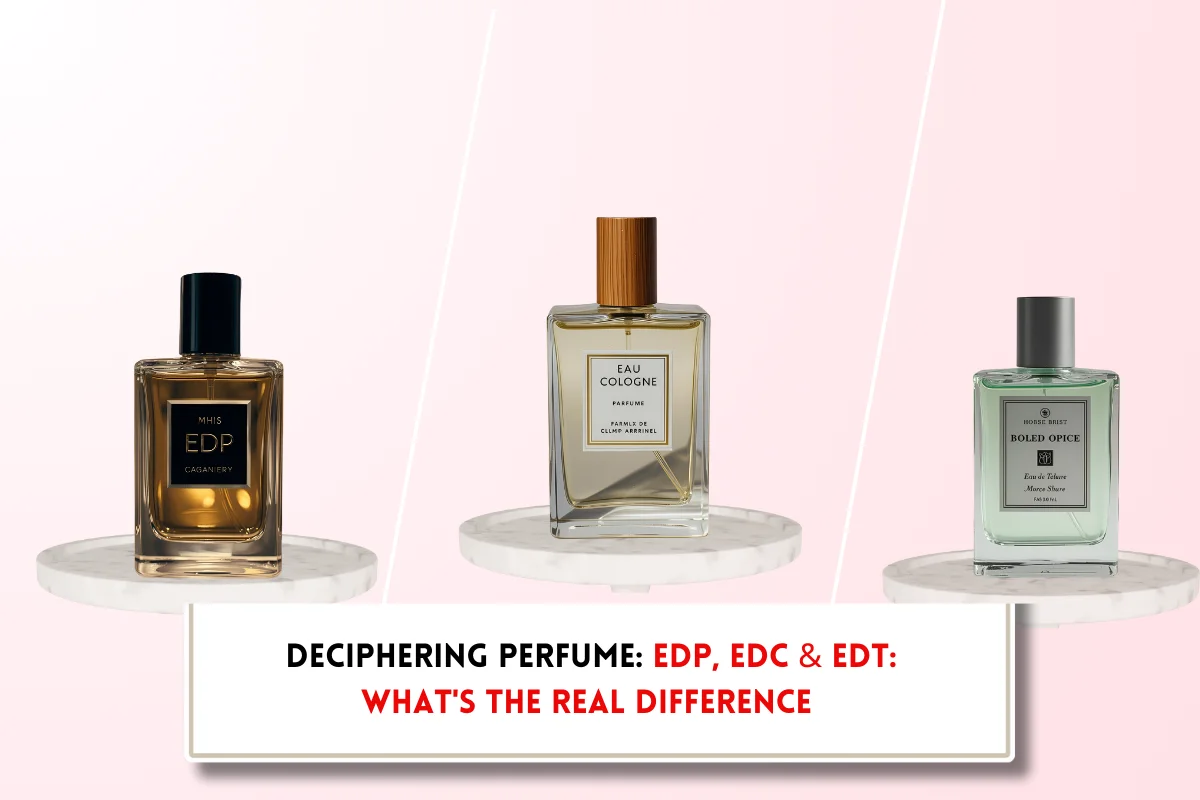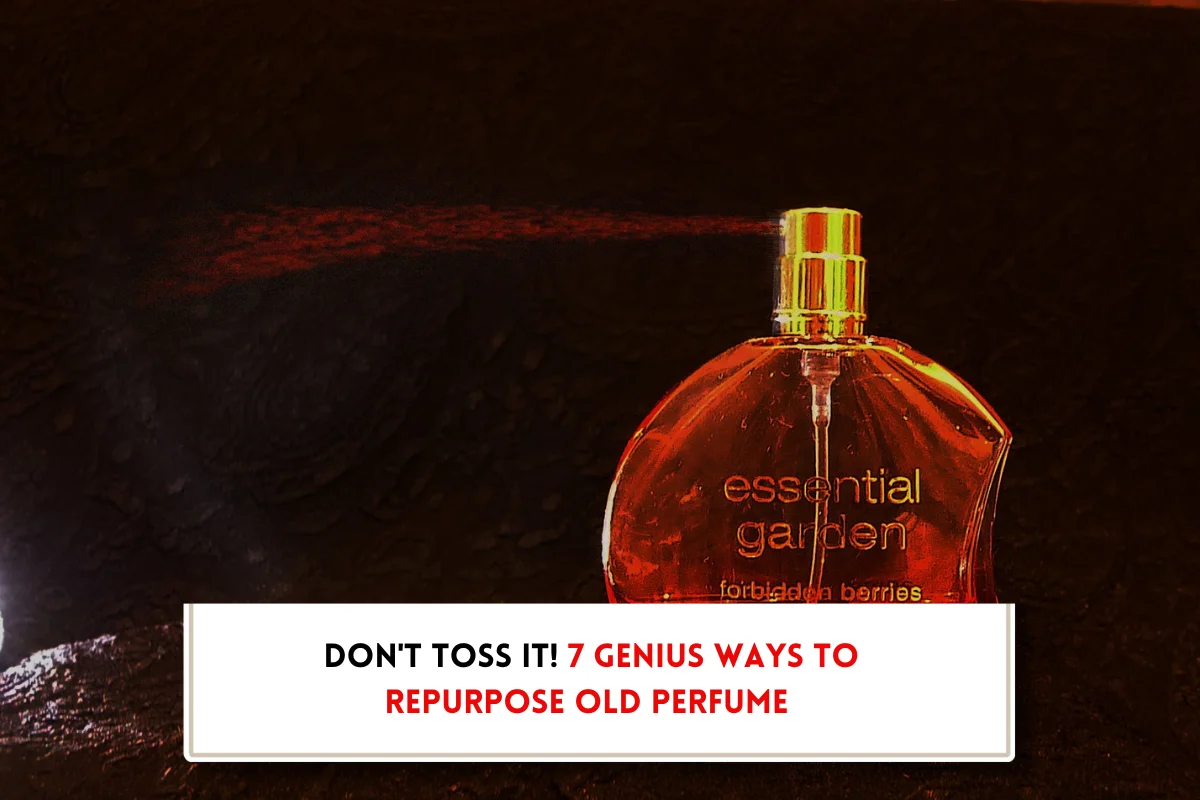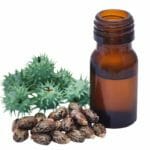How is shampoo different from soap?
At BeautyCaters, our expert team independently curates every recommended product. Purchases through our links may earn us a commission. Explore our transparent selection process.
We’ve all been there – running out of shampoo and reaching for the nearest soap as a hair wash quick fix. But is that really a good idea? Huh! While both shampoo and soap are cleansers, they are different formulations for specific needs. So, let’s break down, how is shampoo different from soap and why you shouldn’t mix up these two bathroom staples.

What is shampoo?
Shampoo is hair cleanser specifically formulated to address specific hair needs. Its composition typically includes surfactants to remove dirt and oil, conditioning agents to enhance manageability, and additional ingredients like moisturizers, proteins, or botanical extracts to promote hair health.
Ingredients in shampoo
Shampoo formulations typically include a combination of ingredients designed to cleanse, condition, and protect the hair.
- Surfactants: These are the primary cleansing agents that remove dirt, oil, and product buildup from the hair. They create lather and emulsify impurities for easy rinsing.
- Conditioning agents: These ingredients help to improve hair manageability, reduce frizz, and enhance shine by coating the hair shaft and smoothing the cuticle.
- Preservatives: To maintain product integrity and safety, preservatives are added to inhibit the growth of bacteria and fungi.
How shampoo cleans hair?
The primary mechanism of shampoo is to create a rich lather that effectively cleanses your scalp and hair strands. With its unique formula, shampoo lower the surface tension between oil and water enhancing its ability to penetrate and traps the dirt, oil, sweat, and other impurities present on your scalp and hair. As you massage the shampoo into your hair, the lather break down these impurities, lifting them away from the hair fibers. Additionally, many shampoos contain conditioning agents that help to hydrate and protect the hair during the cleansing process.
Related: Can men use women shampoo?
How shampoo effects hair?

Shampoo is a hair care product designed to cleanse and nourish the scalp and hair. Its formulation includes ingredients tailored to specific hair types and concerns, such as dryness, oiliness, or color treatment. Maintaining the scalp’s pH balance is crucial for optimal hair health, and shampoo plays a role in preserving this equilibrium.
While shampoo is designed for hair care, it’s important to note that it’s not suitable for body cleansing. The ingredients in shampoo are specifically formulated for hair and scalp, and using it on the body can lead to dryness and irritation. For optimal skin health, it’s recommended to use a dedicated body wash or soap.
Related: How to use a shampoo bar?
What is soap?
Soap is a versatile cleanser designed for body hygiene. It is created through the saponification process, which involves mixing fats or oils with an alkali substance, such as sodium hydroxide or potassium hydroxide. The resulting reaction produces soap molecules that possess both hydrophilic (water-loving) and hydrophobic (water-repelling) properties.
This unique characteristic enables soap to bind with dirt, oil, and microbes, allowing them to be rinsed away efficiently. Soap is generally milder and less irritating than detergents, making it suitable for various skin types.
Ingredients in soap
Core ingredient in soap is alkali, typically sodium hydroxide or potassium hydroxide, which undergoes a chemical reaction called saponification with fats or oils to create the soap base.
Key components of soap are:
- Alkali: The foundation of soap, created through a chemical reaction with fats or oils.
- Fats or oils: Provide the base for soap creation.
- Moisturizers: Often added to counteract the drying effects of soap.
- Fragrances: Enhance the bathing experience with pleasant scents.
How soap cleans skin?
When soap comes into contact with water, it creates a chemical reaction that forms micelles. These micelles encapsulate dirt, oils, and impurities on your skin, effectively suspending them in water and making them easier to remove. The hydrophilic part of the soap molecules attaches to water while the hydrophobic part attaches to the dirt, allowing it to be rinsed away.
Moreover, soap has a higher pH level than the natural acidity of your skin, which makes it efficient in removing oil-based impurities. However, this alkaline nature of soap disrupt the delicate acid mantle of your skin, leading to dryness and irritation. Therefore, it is crucial to choose a mild soap or one specifically formulated for sensitive skin to minimize these potential side effects.
With its unique cleansing properties, soap effectively eliminates bacteria, sweat, odor, and other impurities from your skin, leaving it clean, refreshed, and ready to face the day.
How soap effects hair?

Soap is a cleansing agent primarily designed for skin. It effectively removes dirt, oil, and impurities from the skin’s surface. However, its alkaline nature and lack of hair-specific ingredients make it unsuitable for regular hair cleansing.
However, note that not all bar soaps are created equal. Some harsh soaps can strip the skin of its natural oils, leading to dryness and even irritation. Look for mild and moisturizing soaps that contain nourishing ingredients such as glycerin or shea butter. These soaps will effectively cleanse your skin while keeping it hydrated and supple.
Using soap on your hair can have detrimental effects. The high pH level of most soaps can disrupt the natural pH balance of your scalp, leading to dryness, itchiness, and even hair damage. It is essential to use a shampoo specifically formulated for your hair to maintain its health and appearance.
How is shampoo different from soap?
If you’re wondering how shampoo differs from soap in terms of functionality, it’s crucial to examine their unique cleansing mechanisms and the residues they leave behind. Understanding these differences can help you make better choices for your hair and overall hair care routine.
Cleansing mechanisms of shampoo
An important factor in shampoo’s effectiveness is its formulation, which typically includes surfactants designed to surround and lift away dirt, oil, and buildup from your hair and scalp. These surfactants work without stripping your hair’s natural oils, ensuring a thorough clean while maintaining moisture balance.
Cleansing mechanisms of soap
Mechanisms in soap are centered around saponification, a process that transforms fats into cleanser molecules. Soap molecules have hydrophilic (water-loving) and hydrophobic (water-repelling) ends. This allows them to effectively bind with oils and dirt, making rinsing away grime easier.
For instance, when you wash with soap, the hydrophobic end attaches to oil and dirt while the hydrophilic end draws water in, which facilitates the cleaning process. This dual action helps to remove unwanted substances from your skin, making it effective for general cleansing purposes.
Residue and rinsability
Soap can often leave a residue if not thoroughly rinsed, which may result in that slippery feel on your skin or hair. This residue can dull hair and create a film on your scalp if proper care is not taken while rinsing.
Plus, shampoo is specifically designed to rinse clean without leaving unwanted traces, ensuring your hair feels light and manageable. Many shampoos also contain conditioning agents that enhance sheen and softness, further differentiating them from soap’s more traditional cleansing role.
Common misconceptions about shampoo and soap
Any misconceptions about shampoo and soap can lead to poor choices that may harm your hair and skin. For instance, many people believe that all shampoos are the same as soaps, but this is far from the truth. While soap is designed primarily to clean the skin, shampoo has specific formulations aimed at cleansing hair while preserving natural oils. Additionally, some may think that using soap on their hair is just as effective as shampoo; however, soap can create a residue that dulls hair and may cause dryness.

Final Word: How is shampoo different from soap?
So, shampoo or soap? While both are designed to clean, their distinct formulations make them specialized for different purposes. Each has its own job to do. Shampoo is specifically tailored to cleanse the hair and scalp without stripping away essential oils, while soap is designed for the body’s pH balance. Stick to shampoo for your hair and soap for the rest of you, and your body will thank you!










